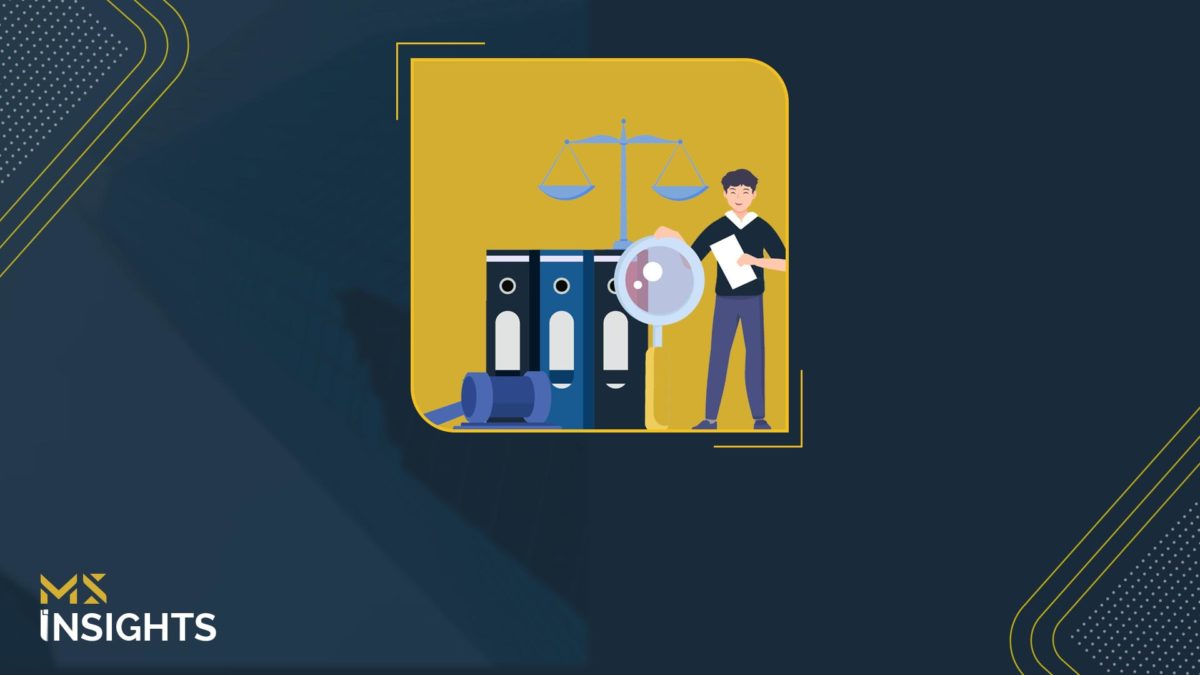The Dubai International Financial Centre (DIFC) is a hive of ambition and opportunity. As a global financial hub, it attracts some of the brightest minds from around the world. Imagine sleek skyscrapers, vibrant networking events, and a dynamic work culture that pushes boundaries. But beyond the glamour, there’s a focus on providing a well-rounded experience for professionals.
That’s where the DIFC’s Employment Law comes in. This legal framework ensures fair treatment, competitive benefits, and a healthy work-life balance for all employees. Recently, in March 2024, the DIFC introduced some key amendments through DIFC Law No. 1 of 2024. Let’s delve deeper into these changes and explore how they further enhance the already impressive work life offered by the DIFC.
According to the recent amendment, DIFC employers must now make “top-up” payments to retirement schemes for their GCC national employees if the standard social security contributions are lower than what they would have received under the old law. This ensures GCC nationals get comparable benefits to non-GCC nationals. The law also covers situations where sanctions prevent contributions, requiring employers to accrue benefits until the sanctions are lifted. Finally, the update strengthens regulatory oversight within DIFC.
Good news for UAE/GCC national employees!
The new law requires DIFC employers to make top-up contributions into a Qualifying Scheme for eligible UAE/GCC national employees. This ensures they receive benefits comparable to non-UAE/GCC nationals, who are subject to mandatory Qualifying Scheme contributions.
How it works:
- Employers will need to compare the Core Benefits that would be paid to a non-UAE/GCC national with the pension contributions currently being made to the GPSSA on behalf of the UAE/GCC national employee.
- If there’s a gap (meaning the Core Benefits are higher than the GPSSA contributions), a top-up payment must be made to a Qualifying Scheme.
- There’s a minimum top-up threshold of AED 1,000 per year for eligible employees.
- Not complying with this can lead to penalties of up to USD 2,000 per employee.
End-of-service gratuity for sanctioned individuals
The law also clarifies how to handle end-of-service gratuity for employees classified as “Sanctioned Persons” (by the UN, UAE, or any entity managing the Qualifying Scheme). In such cases, employers must accrue these benefits until the sanction is lifted or the employment ends, whichever comes first. Once clear, the employer must transfer the accumulated amount to a Qualifying Scheme or directly to the employee.
What’s next?
- DIFC employers should review their payroll practices to assess if top-up contributions are needed for their UAE/GCC national employees.
- For employees impacted by sanctions, employers should start accruing their end-of-service gratuity separately. They are not liable for any investment gains or losses during this period.
Here’s a breakdown of how the DIFC law changes promote fairness, ensure compliance, and benefit businesses:
Fairness:
- Equal End-of-Service Benefits: The “top-up” payments ensure GCC nationals receive retirement benefits comparable to non-GCC nationals, even though they contribute to a different social security system (GPSSA). This eliminates discrimination based on nationality.
- Sanctions Protection: The law protects employees even during international sanctions. By requiring employers to accrue benefits during these periods, employees don’t lose out due to factors beyond their control.
Compliance:
- Clearer Regulations: The amendments address specific scenarios like sanctions, providing clear guidelines for employers to follow. This reduces confusion and the risk of non-compliance.
- Enhanced Oversight: Expanded powers for the RoC mean stricter enforcement of business regulations. This discourages non-compliance and promotes a fair and transparent business environment.
Benefits for Businesses:
- Reduced Risk: Clearer regulations and stronger enforcement minimize the risk of legal issues for employers.
- Talent Attraction & Retention: Offering competitive benefits like equal end-of-service helps DIFC businesses attract and retain skilled GCC nationals.
- Reputation Boost: Following fair labor practices and complying with regulations enhances a company’s reputation, making it a more attractive employer.
Overall, these changes promote fairness and ensure compliance for DIFC businesses. By taking these steps, DIFC businesses can operate with greater confidence, attract top talent, and contribute to a more stable and fair business environment within the free zone.
